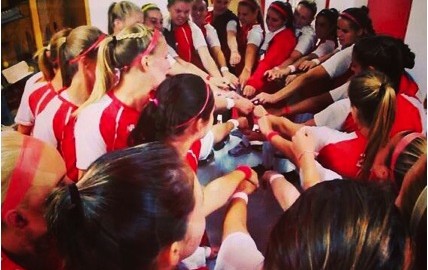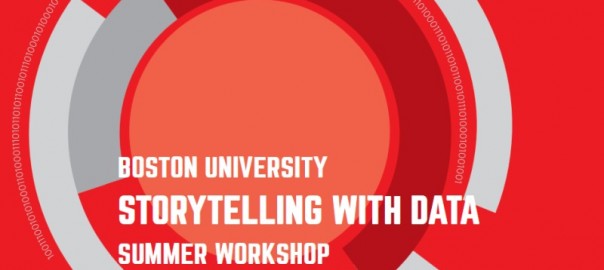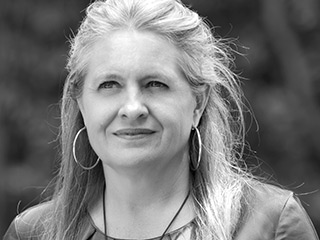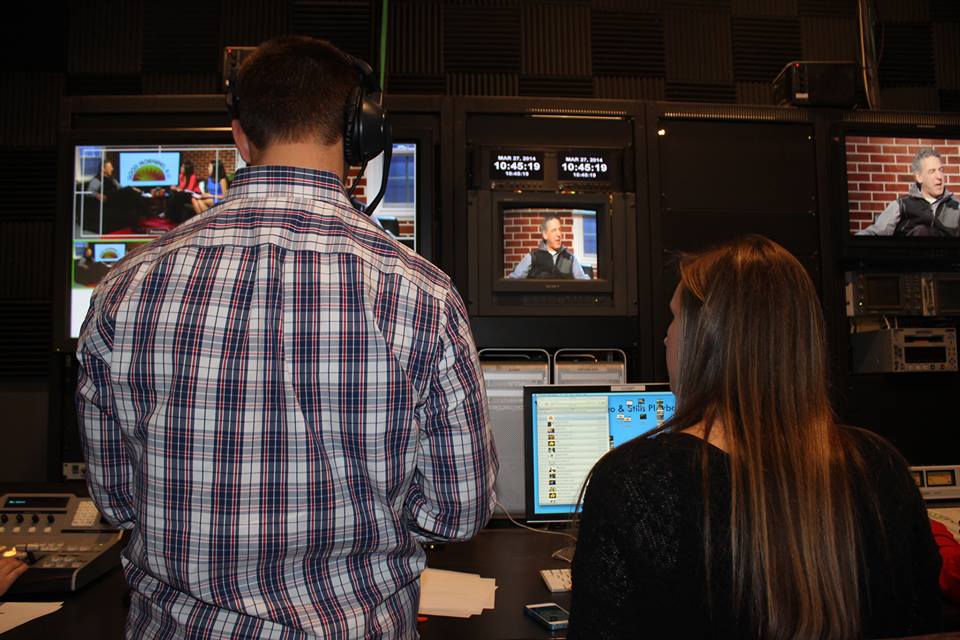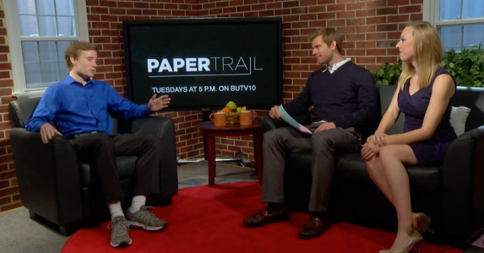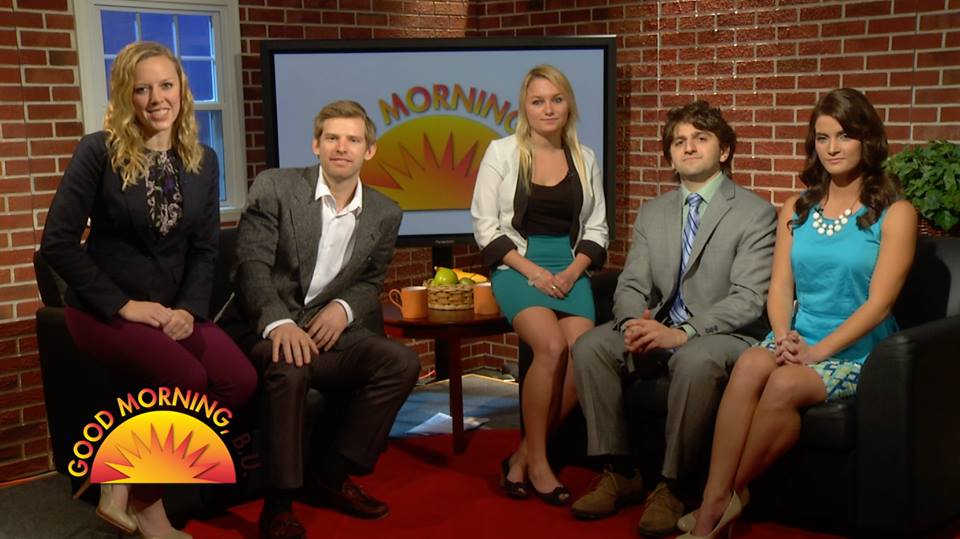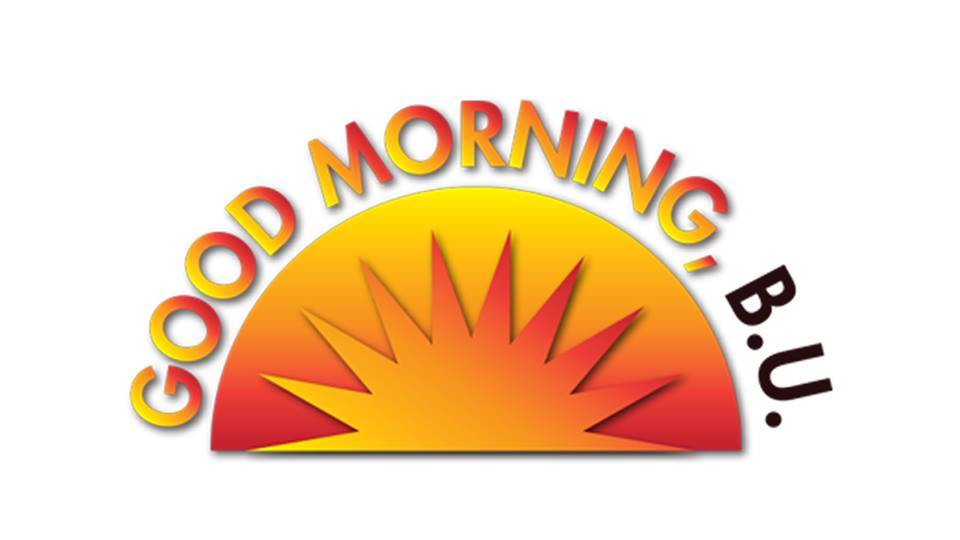By Ali Parisi
MS Public Relations ’16
BU College of Communication
I’ve been through four seasons of Division 1 soccer competition (and thanks to one red-shirt year, I’ve got another coming up next fall); so you’d think I’d be pretty good at managing my time by now, right?
WRONG! (Just kidding, I actually have gotten pretty good at it, but that was more dramatic right?) Honestly, it never gets easier or less stressful. And this past semester, being in grad school added that extra workload that nearly put me over the edge.
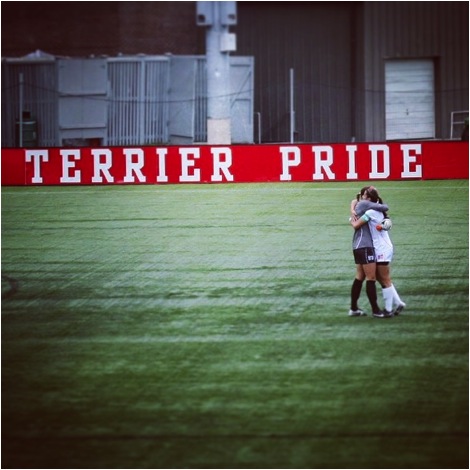
The NCAA designates 20 hours a week of required activities for Division 1 athletes while in season. This is supposed to give students time to actually be students and maybe even have a social life. But what they don’t take into account is all the other little things that come along with being a student athlete. To explain, let me give you a better idea as to what my schedule looks like as a grad student-athlete:
- Practice every day (except for game day and the one required day off per week)
- Lift twice a week
- Team meeting once a week (and the occasionally individual goal-setting meeting with Coach)
- Extra workouts once a week
- Games, for which the NCAA automatically designates three hours for competition. That means that travel time – whether it’s the 10 minute drive to Harvard, the six hour bus ride to Bucknell or the flight down to Navy (both of which are just two of our many overnight trips) – doesn’t really count.
- Leadership meetings (as a captain)
- Doctor’s appointments and rehabilitation in the athletic training room (four years of throwing yourself on the ground takes a toll on the body)
Yeah, it’s a lot more than 20 hours. Yet, somehow I’m supposed to still have time to go to class (which I sometimes have to miss due to travel), do homework (when I’m not at practice or in the training room), and schedule group meetings with my poor classmates who always have to work around my busy schedule. Work? Friends? Boyfriend? Netflix? SLEEP? Forget it!
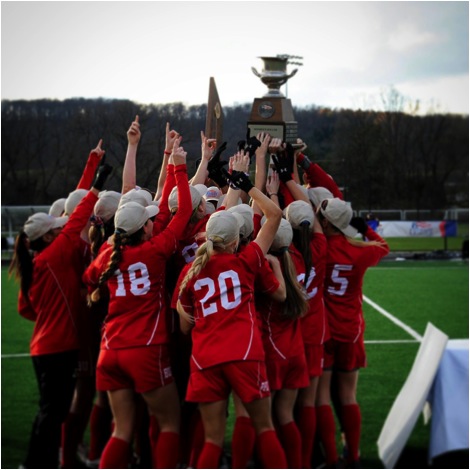
Okay, so I may be a little dramatic, but it really feels like I barely had a second to stop and breathe this semester. However, I can’t say that I would ever change it. I love soccer. I love all the friends and experiences I’ve gained from playing in college. Plus, I absolutely loathe boredom. So all in all, I never would have changed a thing. It’s tough, but it is possible to be in grad school and play a sport and even have time to write for this blog!
